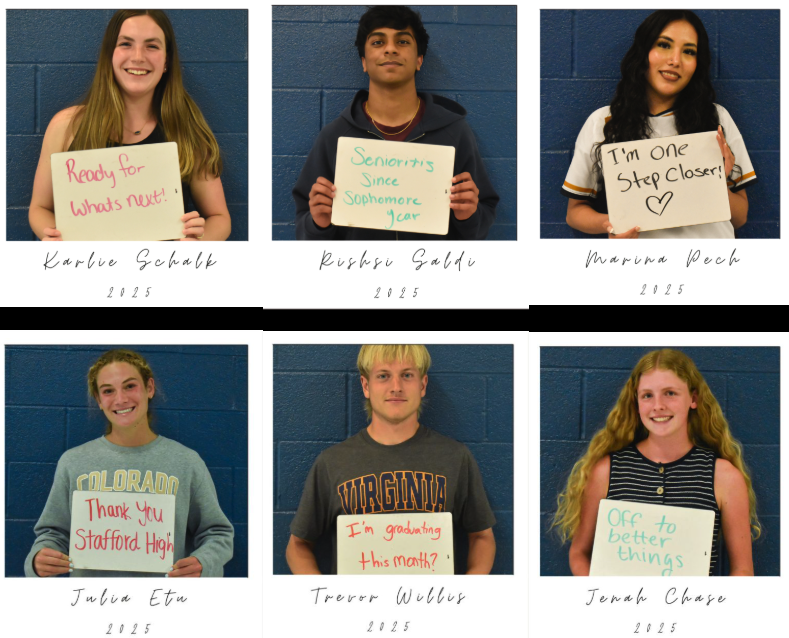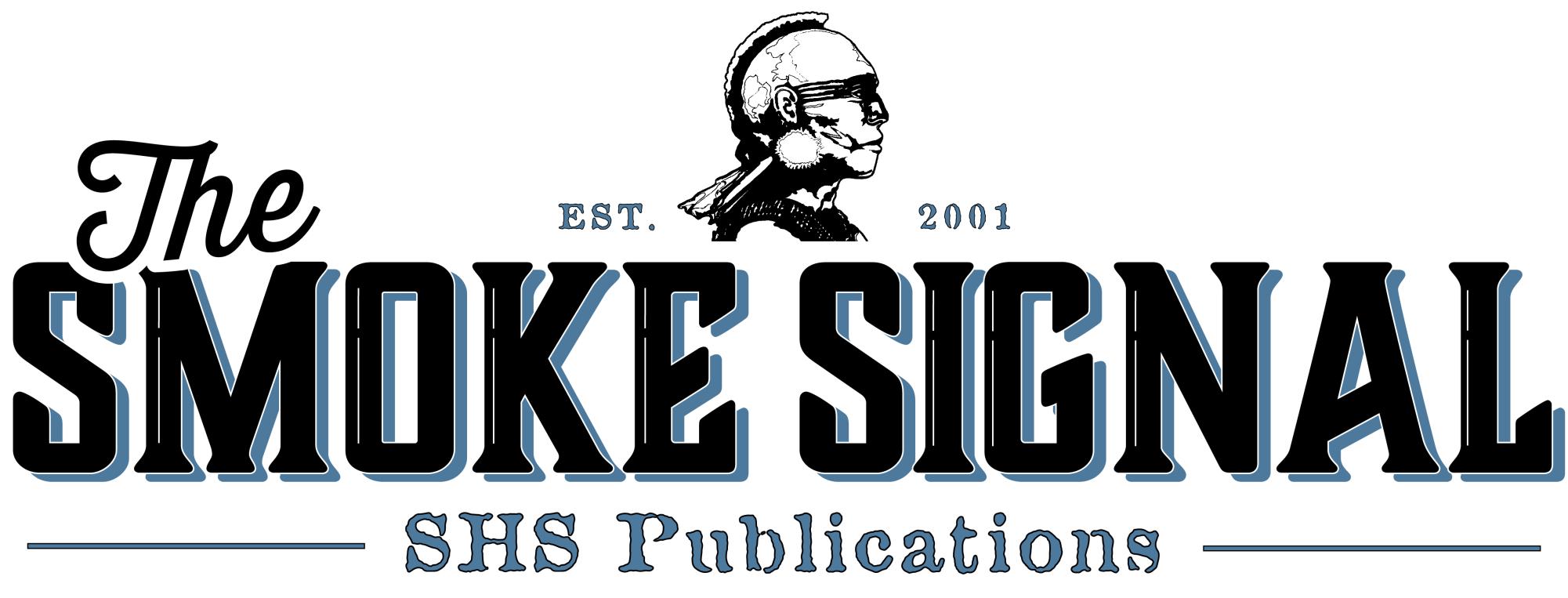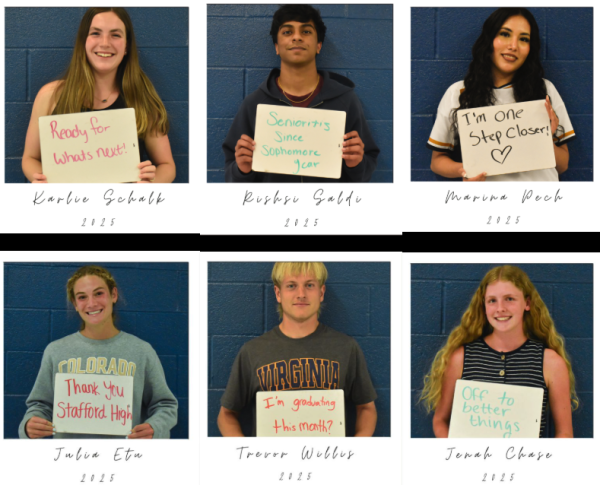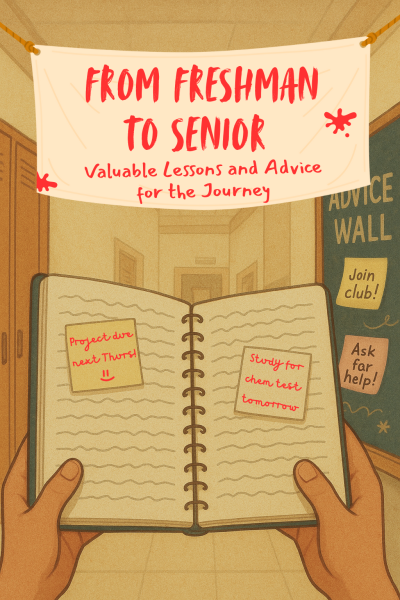Giving the Old College Try, But Why?
When high school seniors say they want to study at a university for ‘the real college experience,’ they don’t mean studying for exams. It’s no secret that fraternities are passed down through the generations like a family heirloom. From fabled initiations to drunken partying, college is a place where education is often an afterthought – an added bonus. Most high schoolers would tell you this behind closed doors – many say it shamelessly. While there’s nothing wrong with letting loose with friends, most don’t stop to question whether four years of partying is worth possible life-long debt.
The application process itself is no cakewalk, as a single application typically consists of a ‘common app’ essay ranging from 250 to 650 words, an application fee of roughly $50, and often a questionnaire asking about the applicant’s accomplishments. You’re now $50 in the hole before you’re even accepted into the college.
The application fees are just a drop in the bucket compared to the horrendous tuition fees. According to the US Department of Education, the average annual cost after financial aid for attending the University of Virginia from 2020-21 was $22,006. If this average is applied across four years, the final cost would be in the realm of $88,000. Such a cost – even after financial aid is applied – shows that going to a university for all four years may not be sustainable for everyone, as many people may not receive the full financial aid they are eligible for. Corii Massey, senior, has applied for early decision at University of Virginia (UVA) and for early admission at Virginia Tech. While Massey acknowledges that community colleges are cheaper, he intends to use his father’s military background to receive financial aid.
Unfortunately, not everyone will be able to access financial aid. According to hechingreport.org, 900,000 low-income students in 2018 who were eligible for aid never received it due to their states running out of money. The unfortunate reality is that those who are unlucky enough to not acquire grants or scholarships must pay their tuition fees out-of-pocket.
While many may see starting out at community college as a cop-out, it is a perfectly legitimate option for higher education. Payton Frazier, senior, is applying for Bridgewater College, VCU, and UVA Wise. When asked about whether he’d considered a community college, Frazier exclaimed that his preference is to “throw” himself into the adult world. He continued, saying, “I would 100% say if you’re worried about money, go to community college.” He went on to say, “Honestly, I wish I wasn’t so stuck on going to an actual college – I’d love to just do some at Germanna and then do the rest of my degree at a four-year college.”
Your contribution will allow us to purchase equipment, attend education conferences, and cover our annual website hosting costs.












